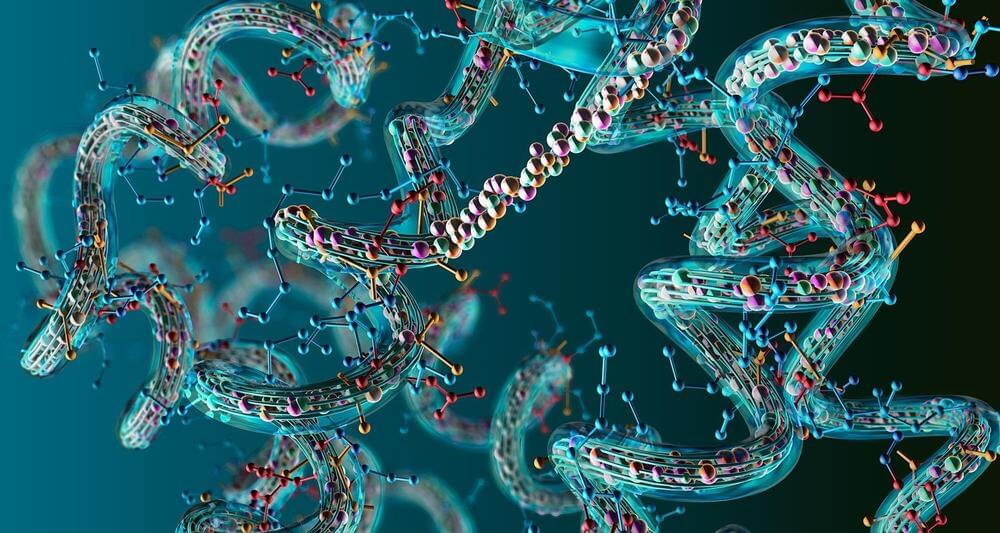At the University of Oxford, scientists have developed a nanopore technology that can identify three different post-translational modifications (PTMs) in individual proteins, even deep within long protein chains. The scientists asserted that their technology “[lays] the groundwork for compiling inventories of the proteoforms in cells and tissues.”
The technology was introduced in Nature Nanotechnology, in a paper titled, “Enzyme-less nanopore detection of post-translational modifications within long polypeptides.” The paper noted that single-molecule proteoform identification requires knowledge of the architecture of long polypeptide chains, knowledge that has proven elusive. Although there are methods for translocating folded proteins through solid-state nanopores or protein nanopores of large sizes, these methods have yet to locate PTMs within a polypeptide sequence. The methods that have detected PTMs have been able to do so only within short peptides.
In their paper, the Oxford scientists described their approach: We use electro-osmosis in an engineered charge-selective nanopore for the non-enzymatic capture, unfolding, and translocation of individual polypeptides of more than 1,200 residues. Unlabeled thioredoxin polyproteins undergo transport through the nanopore, with directional co-translocational unfolding occurring unit by unit from either the C or N terminus. Chaotropic reagents at non-denaturing concentrations accelerate the analysis.
